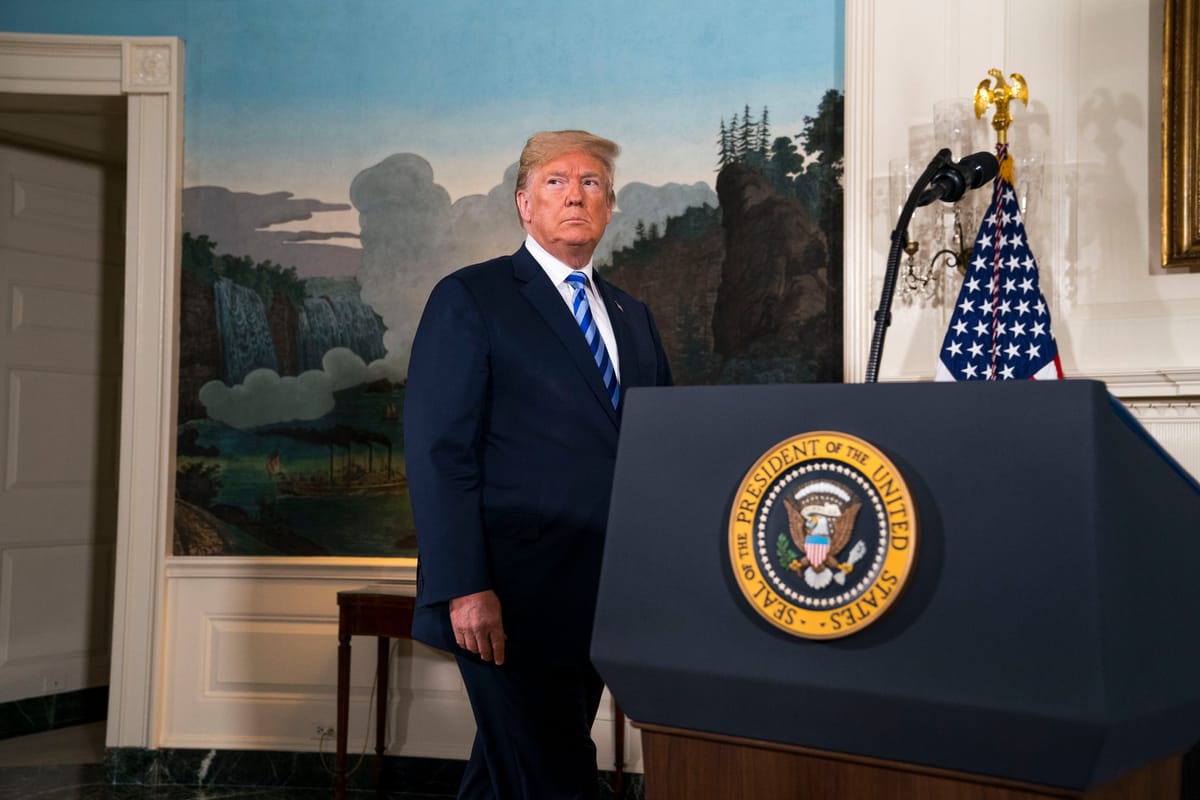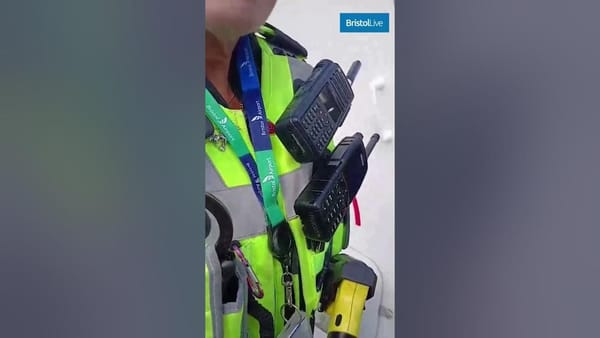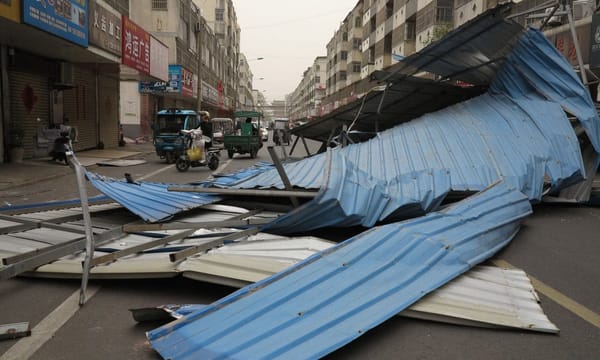Trump and Iran locked in high-stakes nuclear showdown as critical deadline revealed

Trump and Iran are locked in a high-stakes nuclear standoff this weekend, and the future of global security hangs in the balance.
The diplomatic dance unfolding right now is unlike anything we've seen in recent history - a former president meeting with a regime that reportedly tried to assassinate him, all while nuclear centrifuges continue spinning in underground Iranian facilities.
What's happening this Saturday in Oman is far more significant than most people realize. This isn't just another foreign policy meeting - it's a last-ditch effort to prevent what experts are calling a "nightmare scenario" in the Middle East.
President Trump has made it clear: "We have a little time, but we don't have much time." What he didn't specify is exactly why the clock is ticking so rapidly.
Multiple sources confirm that a critical deadline looms in October 2025, when the remaining JCPOA-era "snapback" sanctions expire. After that point, Iran's path to nuclear weapons becomes substantially easier - and military action becomes increasingly likely.

The drama unfolding behind the scenes is equally fascinating. Iran is publicly refusing to meet face-to-face with Trump administration officials, insisting the talks must be "indirect" through Omani intermediaries. Meanwhile, the White House is adamant these will be "direct" negotiations.
This isn't just diplomatic semantics - it's a high-stakes game of leverage.
"For the White House, the desire to be seen as having direct talks with the Islamic Republic is high," explains Iran expert Behnam Ben Taleblu. "The U.S. wants to be seen as having driven Iran to the negotiating table, and the Islamic Republic does not want to be seen as being driven to the negotiating table."
The bad blood between Trump and Tehran runs deep. The Iranian Supreme Leader once declared that "the shoe of Qasem Soleimani has more honor than the head of Trump" - referring to the Iranian general Trump ordered killed in 2020.

What makes this situation truly alarming is how much nuclear progress Iran has made. Since Trump withdrew from the original nuclear deal in 2018, Iran has expanded its uranium enrichment to near-weapons-grade levels. Some experts believe they may already have enough material for multiple bombs if they chose to build them.
"The regime has its back against the wall," says Ben Taleblu. "They are hoping to use talks with the Americans as a human shield against the Israelis."
The geopolitical chess match extends beyond just the U.S. and Iran. Russia and China have developed increasingly close ties with Tehran, potentially complicating any western attempts to pressure the regime.
Meanwhile, Trump made a startling statement this week, suggesting it would be Israel - not the U.S. - who would take military action if talks fail. Israeli Prime Minister Benjamin Netanyahu met with Trump in the Oval Office just days ago, presumably to coordinate strategy.

The stakes couldn't be higher. A nuclear-armed Iran would dramatically reshape Middle East power dynamics, potentially triggering a regional arms race and emboldening Iranian-backed militant groups.
If diplomatic efforts fail, military action becomes increasingly likely - with unpredictable consequences for global stability and energy markets.
"Pursuing wholesale disarmament of the Islamic Republic of Iran is incredibly risky, and it doesn't have a great track record of succeeding," warns Ben Taleblu.
As Saturday's talks approach, one thing is certain: what happens in Oman this weekend could set the stage for either a diplomatic breakthrough or a dangerous escalation that affects us all.




